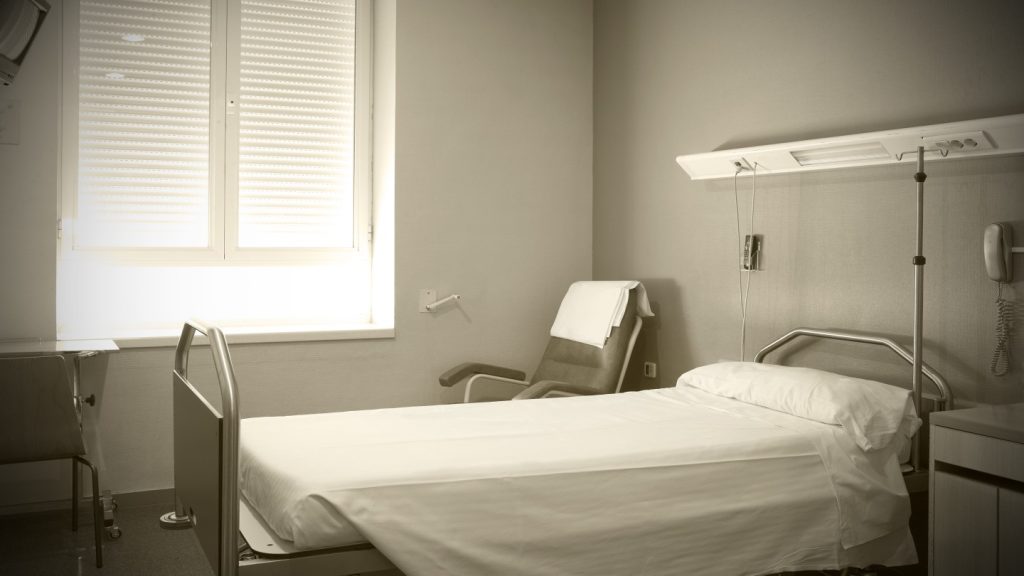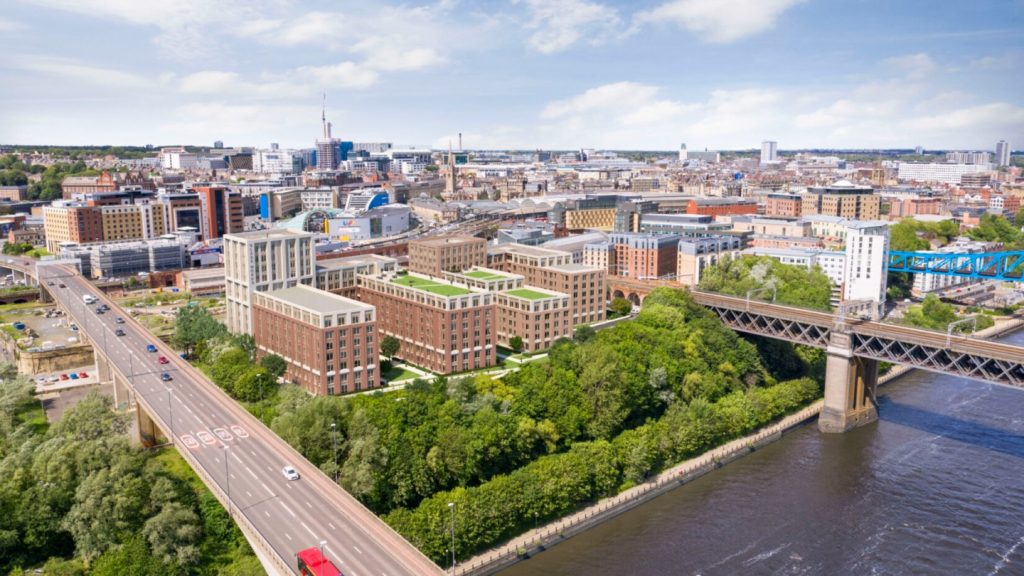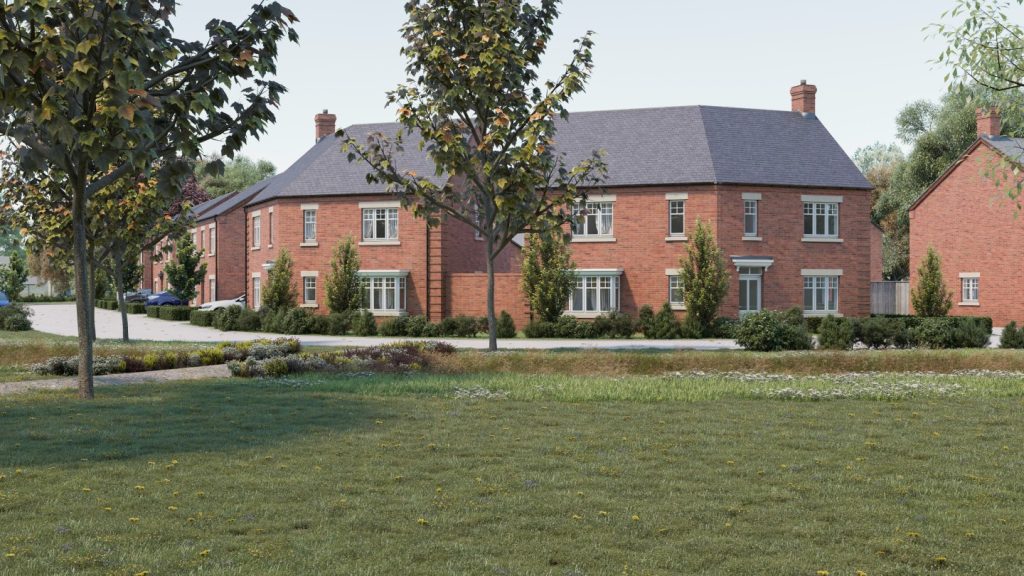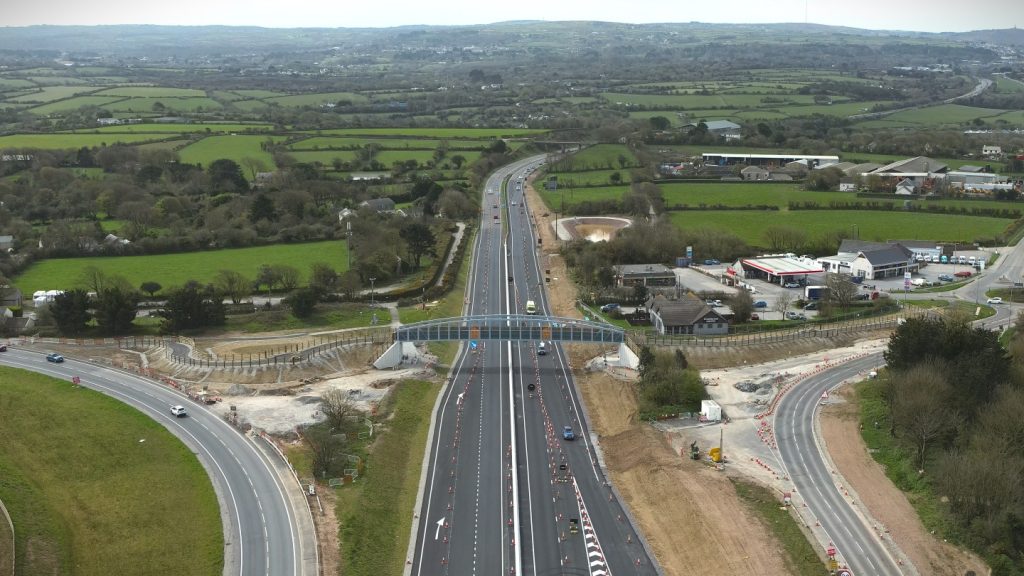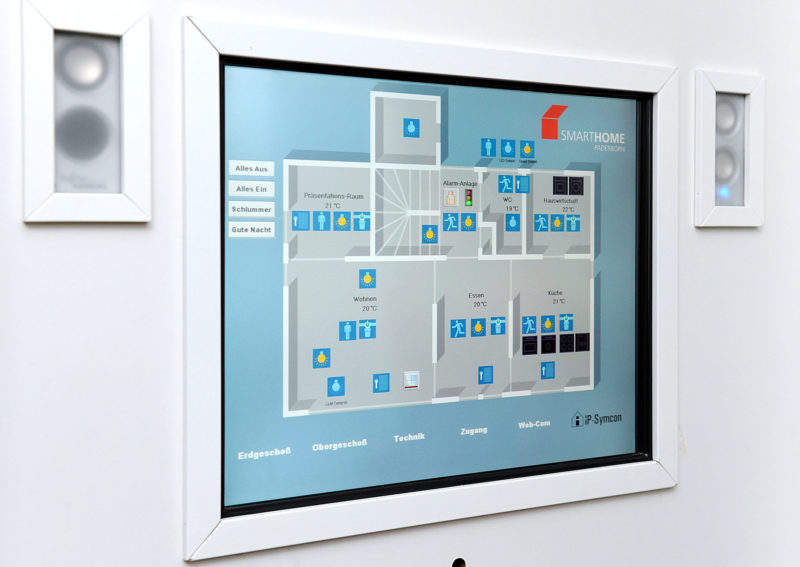
Building smarter homes for the elderly could save the NHS over £2.5bn a year, according to the Institution of Mechanical Engineers (IMechE).
Their report, ‘Healthy Homes: Accommodating an Ageing Population’, highlights many of the costs involved in the care of the elderly. The NHS spent £2.3bn on patients suffering from falls in 2015, and will have to increase its spending on social care for the elderly by £1.65bn to nearly £10bn by 2020/21, according to the report.
“About seven million UK homes are headed by someone aged over 65 years, who will undoubtedly need some form of assistive technology to help with everyday living, within the coming decade,” said Dr Helen Meese, member of the IMechE and lead author of the publication.
With an estimated 78,000 new homes needed to be built each year for the next decade in order to accommodate the UK’s growing ageing population, there is also a great opportunity for smart homes equipped with digital technology to be more integrated into the lives of the elderly in the future.
“Today’s over 65s are relatively well-informed about technology and often want to be engaged in decisions and processes regarding their health and care,” said the report. “Indeed, several health organisations have recommended that digital technology can and should put diagnosis and management of healthcare more firmly into the hands of patients and carers.”
More specialised homes are expected to contribute significantly to the health of their inhabitants; according to the report, the installation of handrails, outside lighting and slip-resistant surfaces can result in a 39% drop in injuries and a 26% decrease in medical treatment required.
How well do you really know your competitors?
Access the most comprehensive Company Profiles on the market, powered by GlobalData. Save hours of research. Gain competitive edge.

Thank you!
Your download email will arrive shortly
Not ready to buy yet? Download a free sample
We are confident about the unique quality of our Company Profiles. However, we want you to make the most beneficial decision for your business, so we offer a free sample that you can download by submitting the below form
By GlobalDataThe report also mentions several positive economic impacts of the construction of smart homes. The NHS loses between £1bn and £3bn a year in treating preventable illnesses, and in ‘the cost to individuals in residential care or social services’, according to Meese’s study.
“The ‘Grey Pound’ accounts for over 50% of consumer spending in the UK, which reached £72bn in 2017,” Meese added.
The report concludes by recommending that the government acts to ensure the homes that are built to cater for the UK’s ageing population take advantage of smart technology. It calls on the government to provide financial incentives for construction companies to build smart homes, commit to modernising existing buildings, initiate new markets for technology, and for the UK Department of Health to invest in a nationwide ‘healthy living for life’ technology programme.
“To achieve this technology and innovation in smart homes will be the key to creating an age-friendly environment,” the report added. “The appropriate selection of assistive technology within the home can make a significant difference to a person’s activity levels and encourage them to remain in their home for longer.”



